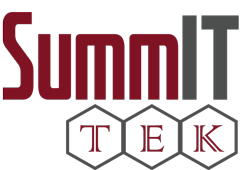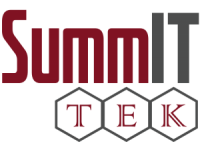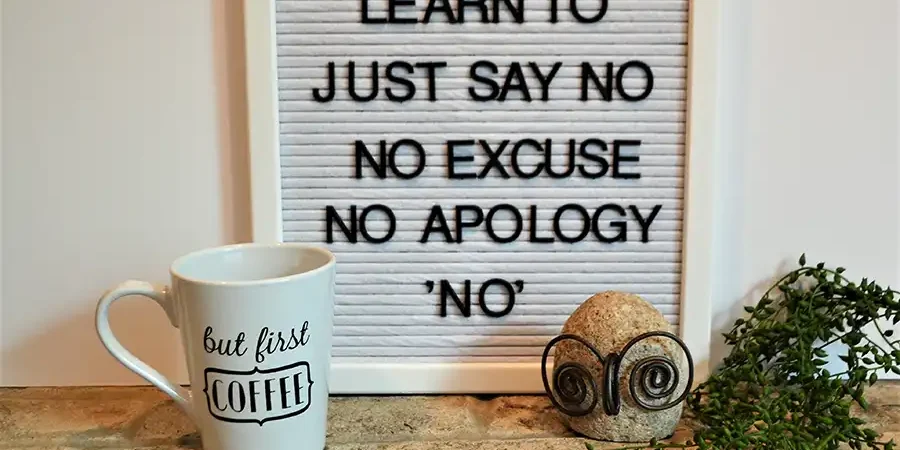In a society driven by the constant pursuit of knowledge, admitting uncertainty remains a formidable challenge. The hesitation to say “I don’t know” stems from a complex interplay of psychological and social factors. One such factor is the fear of judgment. We live in a world where expertise is often admired, and admitting lack of knowledge can make one vulnerable to criticism. It’s as if confessing ignorance is synonymous with admitting inadequacy, shattering the facade of confidence carefully constructed in our daily lives.
Additionally, our ego resists the unknown. Uncertainty threatens our self-assuredness and challenges the very core of our identity. Humans crave control and predictability; not having an answer disrupts the comforting rhythm of certainty we strive to maintain.
The digital age exacerbates this challenge. The internet, a vast repository of information, paradoxically makes it harder to admit ignorance. The pressure to provide instant answers, fueled by social media and rapid online communication, leaves little room for the candid acknowledgment of not knowing. We fear being seen as out of touch or uninformed in a world where everyone seems to have an opinion on everything.
Yet, there is profound strength in accepting our limitations. Saying “I don’t know” is not an admission of weakness but a display of intellectual honesty. It opens doors to exploration and invites collaboration. When we admit what we don’t know, we create opportunities for learning, growth, and meaningful dialogue. It’s a humble acceptance that the vast expanse of knowledge is infinite, and there’s always something more to discover.
In essence, the difficulty in uttering “I don’t know” remains a universal challenge rooted in our need for validation and fear of the uncertain. However, it is also a testament to our courage – the courage to confront our limitations, embrace the unknown, and embark on a journey of continuous learning. Only by acknowledging the boundaries of our knowledge can we truly expand them!


